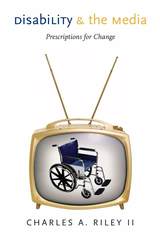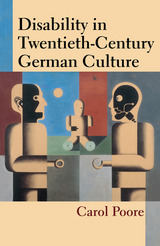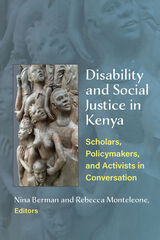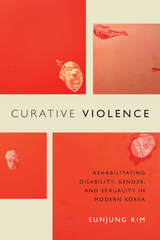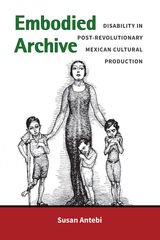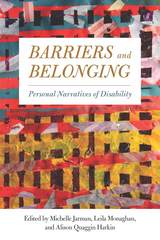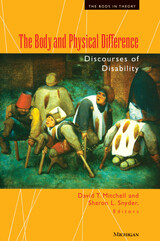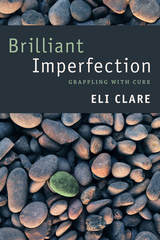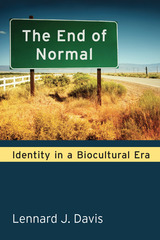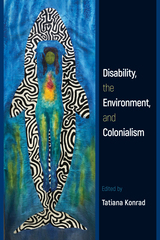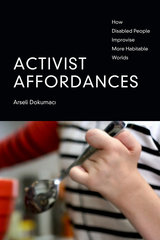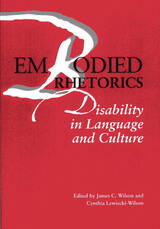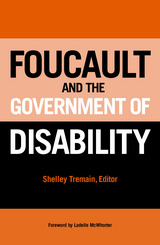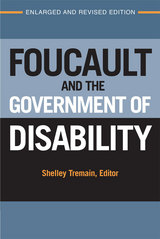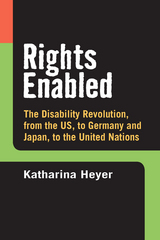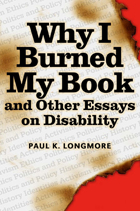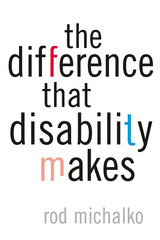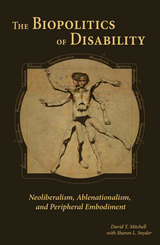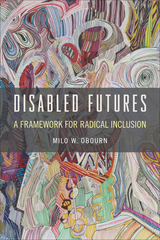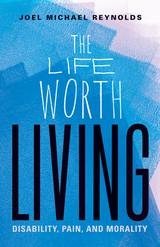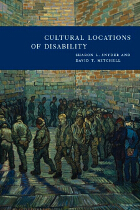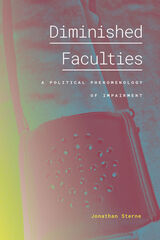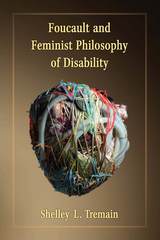Paper: 978-0-8093-2393-7 | eISBN: 978-0-8093-9010-6
Library of Congress Classification HV1568.E45 2001
Dewey Decimal Classification 305.90816
Presenting thirteen essays, editors James C. Wilson and Cynthia Lewiecki-Wilson unite the fields of disability studies and rhetoric to examine connections between disability, education, language, and cultural practices. Bringing together theoretical and analytical perspectives from rhetorical studies and disability studies, these essays extend both the field of rhetoric and the newer field of disability studies.
The contributors span a range of academic fields including English, education, history, and sociology. Several contributors are themselves disabled or have disabled family members. While some essays included in this volume analyze the ways that representations of disability construct identity and attitudes toward the disabled, other essays use disability as a critical modality to rethink economic theory, educational practices, and everyday interactions. Among the disabilities discussed within these contexts are various physical disabilities, mental illness, learning disabilities, deafness, blindness, and diseases such as multiple sclerosis and AIDS.
See other books on: Brueggemann, Brenda Jo | Language and culture | People with disabilities | People with disabilities in literature | People with disabilities in mass media
See other titles from Southern Illinois University Press

